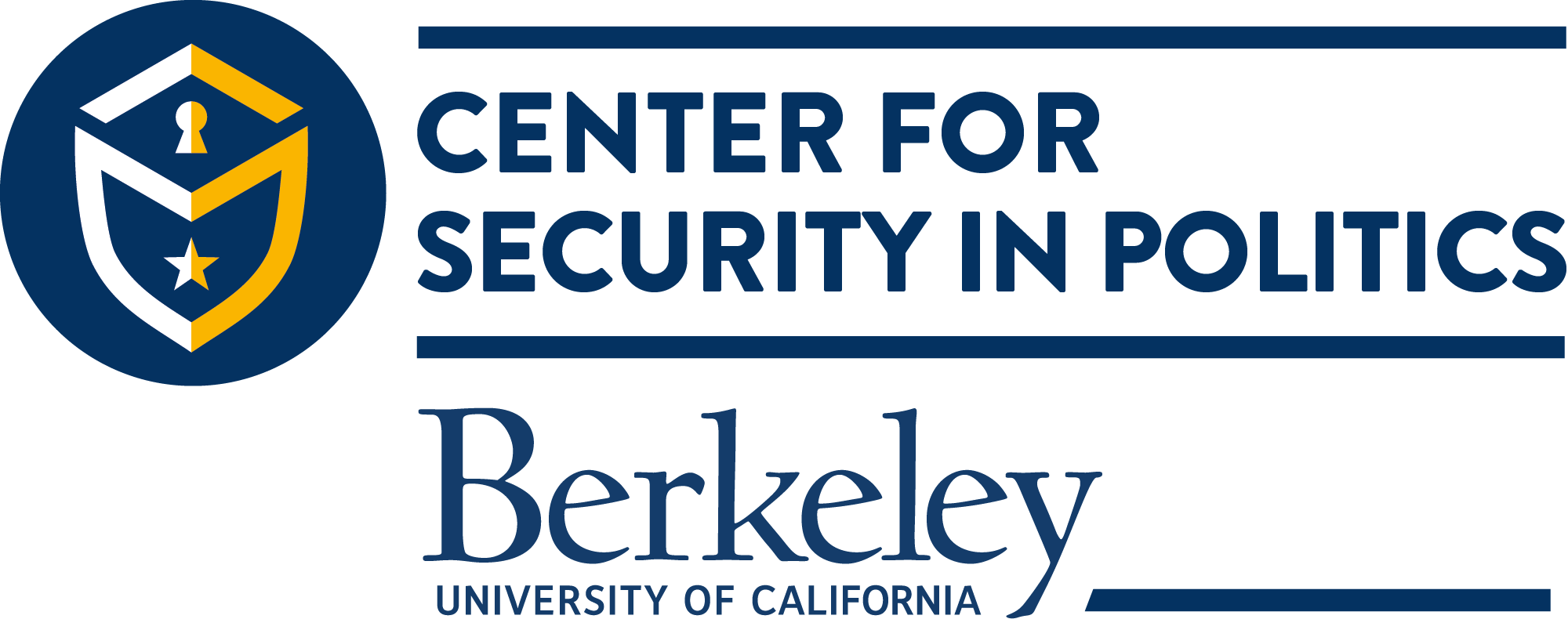LEADERSHIP & STAFF

JANET NAPOLITANO
Founder and Faculty Director
Napolitano is the current President of the Truman Scholarship Foundation and serves as a board member for RAND Corporation, VIR Biotechnologies, Zoom, the International Rescue Committee, and the Council on Foreign Relations. She also serves on the Council of the American Law Institute Advisory Committee. In 2022, President Biden appointed Napolitano to the President’s Intelligence Advisory Board. In 2019, Napolitano published How Safe Are We? Homeland Security Since 9/11. Professor Napolitano earned her B.S. degree, summa cum laude, in Political Science from Santa Clara University, and her J.D. from the University of Virginia. She is based in Berkeley, CA.

ADRIENNE FULK
Executive Director

NOAH KROLOFF
Chief Innovation Officer
Prior to founding GSIS, Mr. Kroloff served in multiple leadership positions in state and federal government, including more than four years as Chief of Staff of the US Department of Homeland Security (DHS) from 2009-2013. In that capacity, he oversaw 240,000 employees, a $60 billion budget and 22 federal agencies. He was the principal advisor to the Secretary on all operational and policy functions of the Department, supervised external affairs, managed DHS’s global footprint and was responsible for coordination between the agency and the White House and National Security Council. Mr. Kroloff also advised the Homeland Security nominee on the Obama-Biden transition team.
In state government, Mr. Kroloff served as Chief Policy Assistant and Deputy Chief of Staff to Arizona Governor Janet Napolitano during her first and second terms in office. He left government to manage Governor Napolitano’s successful reelection effort in 2006, establishing new and still unbroken historical benchmarks by leading the first gubernatorial campaign in Arizona history to win every county and legislative district in the state.
Mr. Kroloff was also a speechwriter and Assistant to Arizona Attorney General Napolitano, served as an Aide to the New York State Assembly Speaker and taught junior-high school in the South Bronx as a Teach for America Corps member. Mr. Kroloff is the Chief Innovation Officer at UC Berkeley’s Center for Security in Politics and is a Fellow at the Progressive Policy Institute. He holds a BA from St. John’s College, a JD from Arizona State University College of Law and resides in Washington, DC with his wife and two children.

ANGELINA K. SOLDATOS
Assistant Director
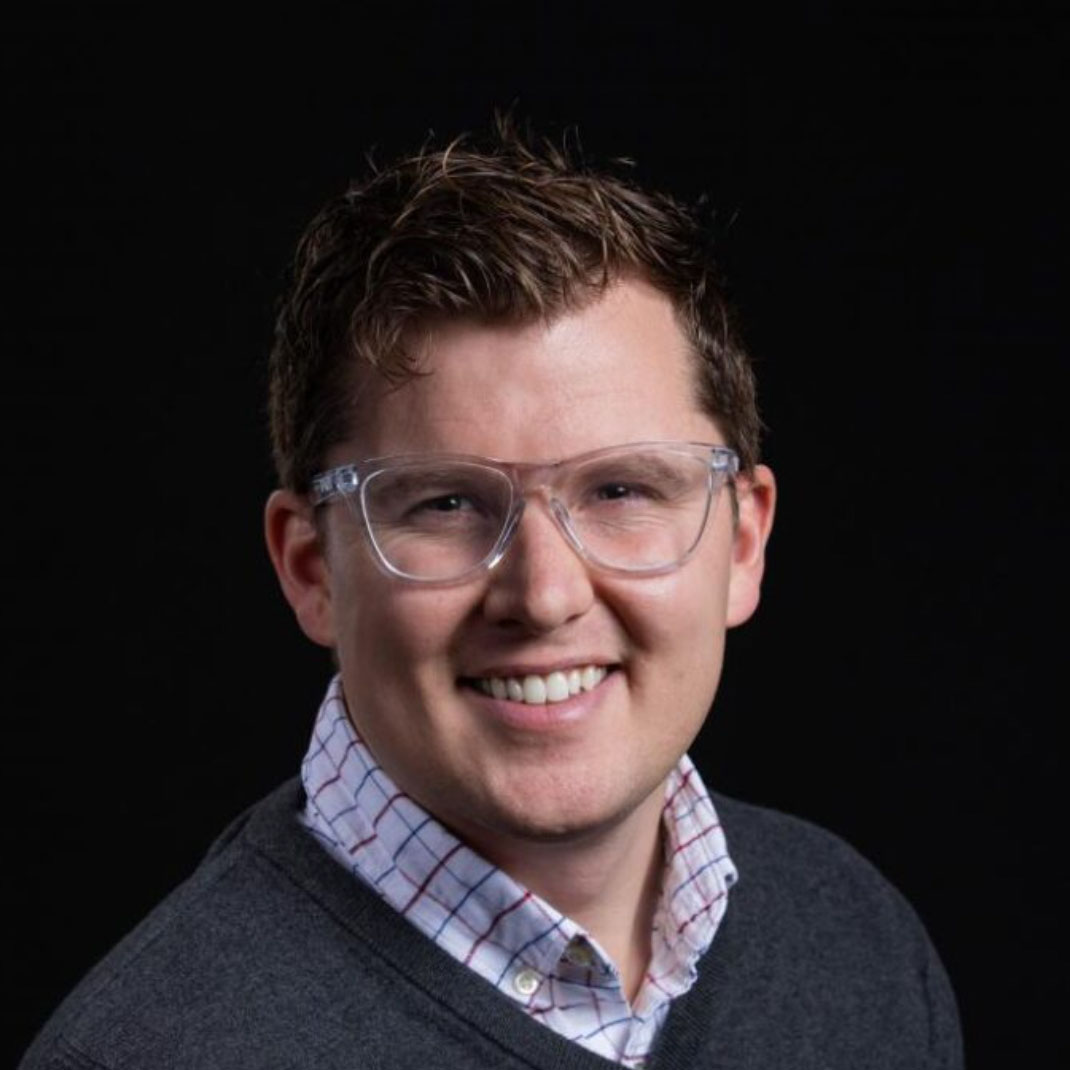
ANDREW REDDIE
Director, Emerging Technologies and Cybersecurity

Tom Moran
Director, Intelligence Studies Program
Tom joined CSP in July 2024 after a distinguished 27-year career at CIA. Over the course of multiple field tours, Tom served as an operations officer and six-time chief of station in varied overseas and operational environments, including East Asia, Western Europe, the Middle East and Africa. He is fluent in French, has working proficiency in Spanish and Farsi. In Washington, Tom served in several senior leadership and resource management positions. Tom was a member of the Senior Intelligence Service and is the recipient of the Distinguished Career Intelligence Medal (2023), National Intelligence Superior Service Medal (2016), the Intelligence Star for Heroism (2002), and the CIA’s Directorate of Operations most distinguished award, the Donovan Award (2000). Tom holds a BS in Economics from Saint Peter’s College and an MS in International Relations from Johns Hopkins SAIS. He also completed the Kellogg School of Management IC Executive Leader Program.
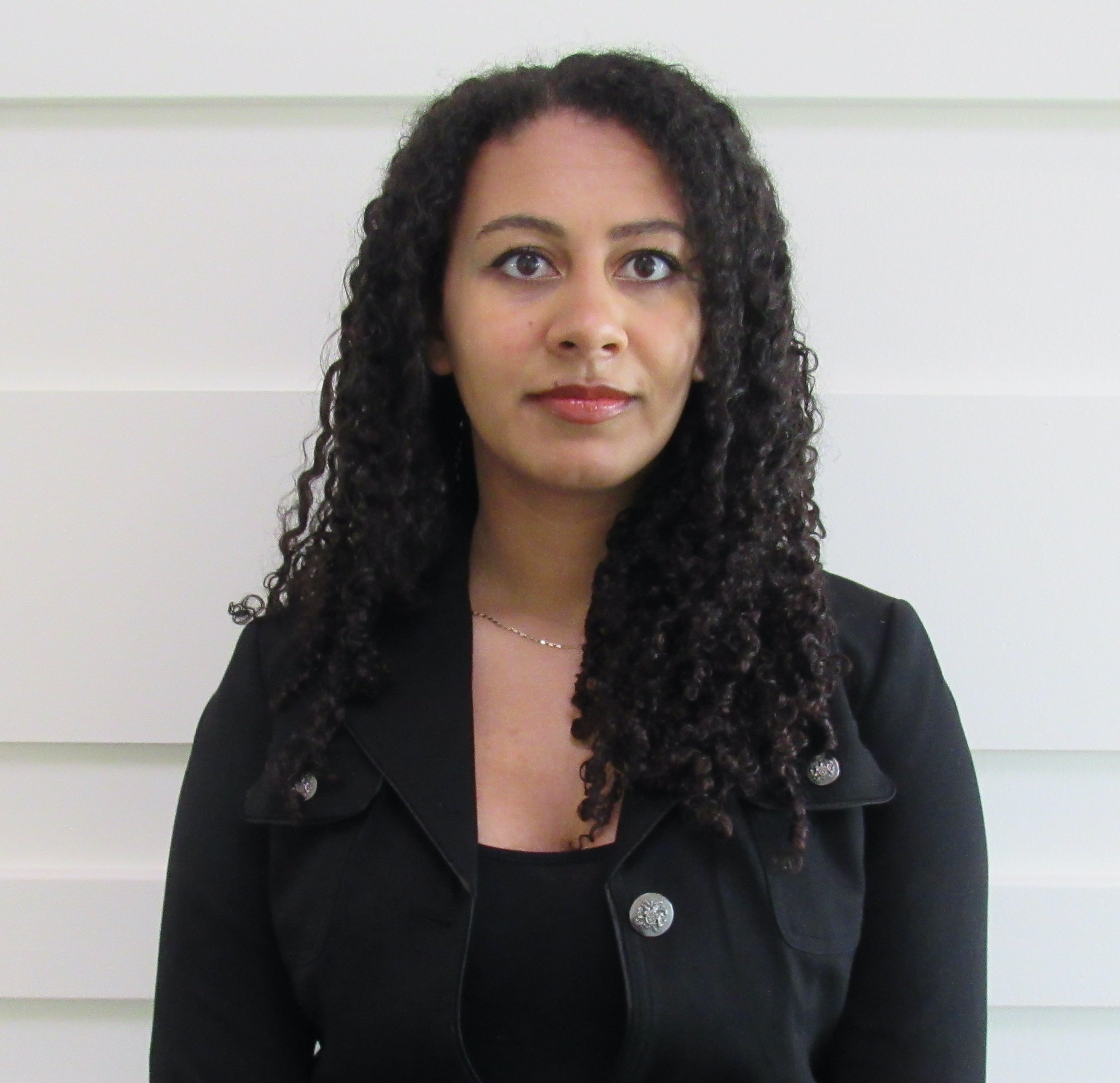
LEAH WALKER
Assistant Director, BRSL
Prior to BRSL Leah was a Senior Defense Associate at the Institute for Security and Technology, where she conducted research and published on emerging technologies, nuclear crisis control, nuclear command, control, and communications, techno-industrial competition and policy, and media warfare and competition.

RITWIK GUPTA
AI Policy Fellow
Ritwik Gupta is a Ph.D. student at the University of California, Berkeley focused on AI for Humanitarian Assistance and Disaster Response. His research on exploiting multi-modal satellite to understand building damage after disasters, shining a light on illegal fishing operations, and aiding first responders in evacuating in complex situations has been deployed worldwide by hundreds of agencies and governments such as CAL FIRE, the United Nations, the Red Cross, and more.
In addition to his academic work, Ritwik serves as the Deputy Technical Director for Autonomy at the Defense Innovation Unit within the Office of the Under Secretary of Defense for Research and Engineering. In this role, he works to bring innovative technologies and capabilities into the DoD to support complex mission needs. Prior to joining Berkeley, Ritwik was a principal investigator at Carnegie Mellon University for AI for Humanitarian Assistance and Disaster Response.
BOARD OF ADVISORS
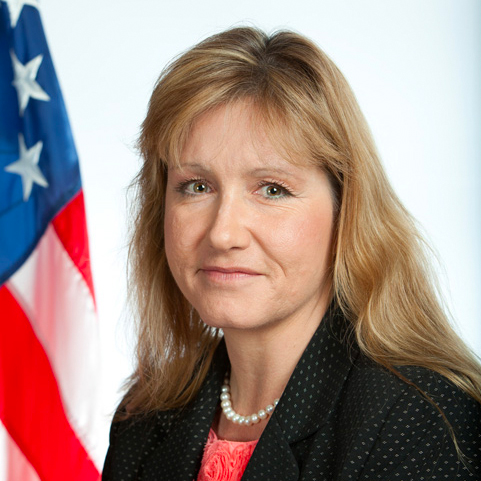
Ms. Heidi Avery
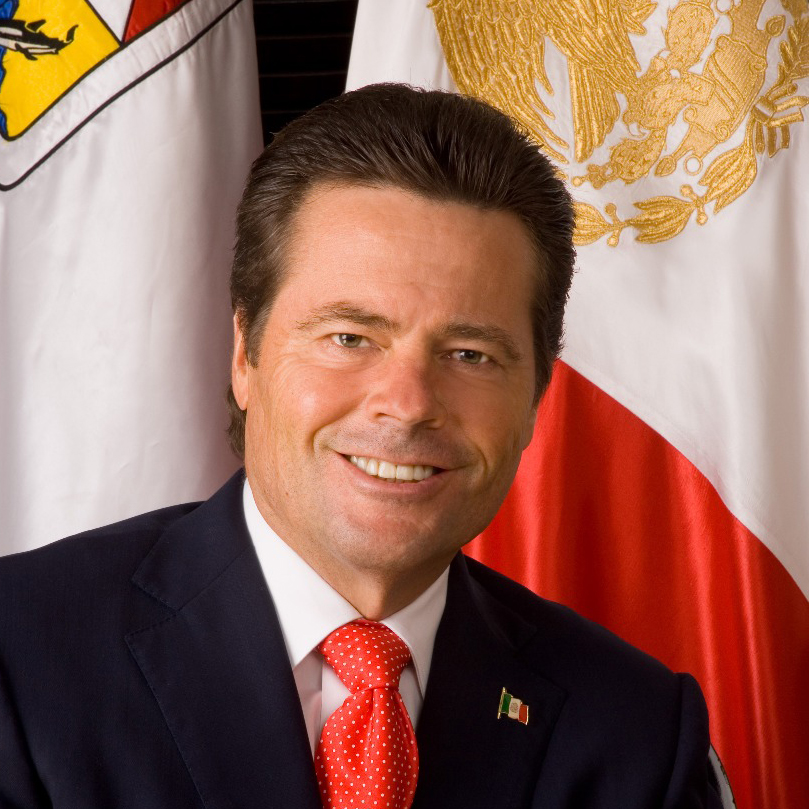
Hon. Eduardo Bours
In 1980, he married Lourdes Laborín Gomez, with whom he shares the most important project in his life, their four children: Maria de Lourdes, Mario Alfredo, Lorena and Eduardo.
He graduated from Monterrey Institute of Technology, Campus Monterrey, with a degree in Industrial and Systems Engineering, class of 1980. He received an Honoris Causa Doctorate degree from Universidad La Salle Nororeste.
From 1980 to 1992, he held several posts in Grupo Bachoco, a leading agricultural company.
From 1992 to 1994, he was President of the Consejo Nacional Agropecuario, CNA (the National Agricultural Council), the leading organization of Mexico’s agricultural sector. During his tenure, he coordinated, on behalf of the private sector, the negotiations for the agricultural chapter of the North America Free Trade Agreement, NAFTA, with the United States and Canada.
From 1994 to 1996, he was President and Director General of the Del Monte Fresh Company, and was in charge of its restructuring and sale.
From 1995 to 1997, he was the General Coordinator of the Unidad Coordinadora para el Acuerdo Bancario Empresarial, UCABE (the Coordinating Unit for the Banking and Business Agreement), a post created by the Mexican Federal Government and the Mexican Banking Association, to handle the financial restructuring of the largest Mexican companies that were in the middle of a crisis, helping in the salvage of more than 80 business groups, with an accumulated debt of 10 billion dollars.
From 1997 to 1999, he was the President of the Consejo Coordinador Empresarial, CCE (the Business Council), the leading organization for Mexico’s private sector.
Also during the 1990’s, the was the President of the Technical Committee for Competitiveness Regional Centers (Cetro-Crece), supporting almost 4,500 small businesses through state service centers.
From 1999 to the year 2000, he was the Liaison Officer for the Private Sector, in the Presidential Campaign of Francisco Labastida Ochoa, the candidate of the PRI political party.
From 2000 to 2002, he was a Senator for his native State of Sonora, post that he left, in order to obtain the candidacy for the Governorship of the State of Sonora, also with the PRI political party.
In July 2003, he was elected Governor of the State of Sonora, post he holds since September 2003, until September 2009. Among his many successes, it is worth mentioning that he increased citizen participation in his administration, as well as increasing both human and infrastructure investments in more than 100 percent.
He has been in the Boards of Directors of several companies, such as Bachoco (agriculture), Nacional Financiera and Banco de Comercio Exterior (banking and finance), Bolsa Mexicana de Valores (Mexican stock market), Pronatura, Grupo Azucarero de México (Sugar Group in Mexico), Corporación Mexicana de Restaurantes (Corpotacion Mexican Restaurant), Megacable, Mercado Mexicano de Derivados (Mexican derivatives market), Fondo para la Capitalización e Inversión del Campo (rural development), Herdez, among others.
He’s been a board member and advisor to the board of several organizations, such as the National Chamber of Commerce, the National Chamber of the Cable Industry, the Mixed Commission for the Promotion of Exports, the National Poultry Association, the National Pork Producers Union, Pronatura (environment).
He has the distinction of being named one of “Global Leaders of Tomorrow” at the Davos Economic Forum, in Switzerland. He has also been selected as one of the 100 men from the Mexican transition.
Eduardo Bours was the Governor of Sonora for the period 2003-2006, where he promoted the most ambitious transformation projects in the State’s modern history. Polls gave him some of the highest approval ratings for a governor in the country.
Eduardo Bours is currently the President and General Director Agropecuaria BL S.A. de C.V.
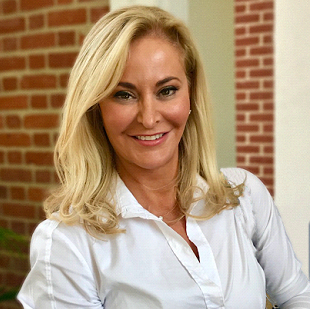
Ms. Sarah Chamberlain
Born in upstate New York, she received her undergraduate degree in accounting from the University of Delaware and received her master’s degree from the Women and Public Policy Program at Harvard University. From there, she came to Washington, D.C. to work for Republican Main Street Partnership and its founder Rep. Amory Houghton Jr., a former CEO of the Corning Glass Company and six-term member of Congress. Sarah has since built the Republican Main Street Partnership from the fledgling organization founded in 1997 into a thriving network of over 50 Members of Congress who share Sarah’s commitment to conservative, solution-oriented governing.
Sarah serves on the Board of Directors of the Women Campaign School at Yale University, is a National Capital Trustee of the Boys and Girls Clubs of America, and sits on the Wall Street Journal CEO Council. Her written work has been featured in the Washington Post, The Hill, U.S. News & World Report, and she is a contributor for Forbes. Sarah was chosen by CQ Roll Call as a 2017 Rising Star and was featured as one of Elle Magazine’s 10 Women in Washington in 2017.

Mr. Stratos Davlos
In addition to his operational roles, Stratos applies his expertise to the venture investment sector. Through AIByte, he advises and builds AI startups and platforms. He also operates companies as a CTO, leveraging his deep technical knowledge to drive innovation. A prolific inventor, Stratos holds dozens of patents in artificial intelligence and machine learning, reflecting his significant contributions to the field.

Hon. Kevin Johnson
Prior to his role with Black Capital, Johnson served as the two-term mayor of Sacramento, where he led the effort to keep the Sacramento Kings from relocating by assembling a new ownership group, raising $535 million to purchase the team, and developing the Golden 1 Center. The new arena has catalyzed a $1.5 billion investment in the downtown core and was financed through innovative uses of public resources without raising taxes. He also served as President of the U.S. Conference of Mayors, and Founding President of the African American Mayors Association.
Before taking public office, Johnson served as CEO of St. HOPE, a community development corporation focused on education and economic development in under-resourced communities. Prior to his business career, Johnson played 12 years in the NBA for the Phoenix Suns, garnering All-Star status three times.
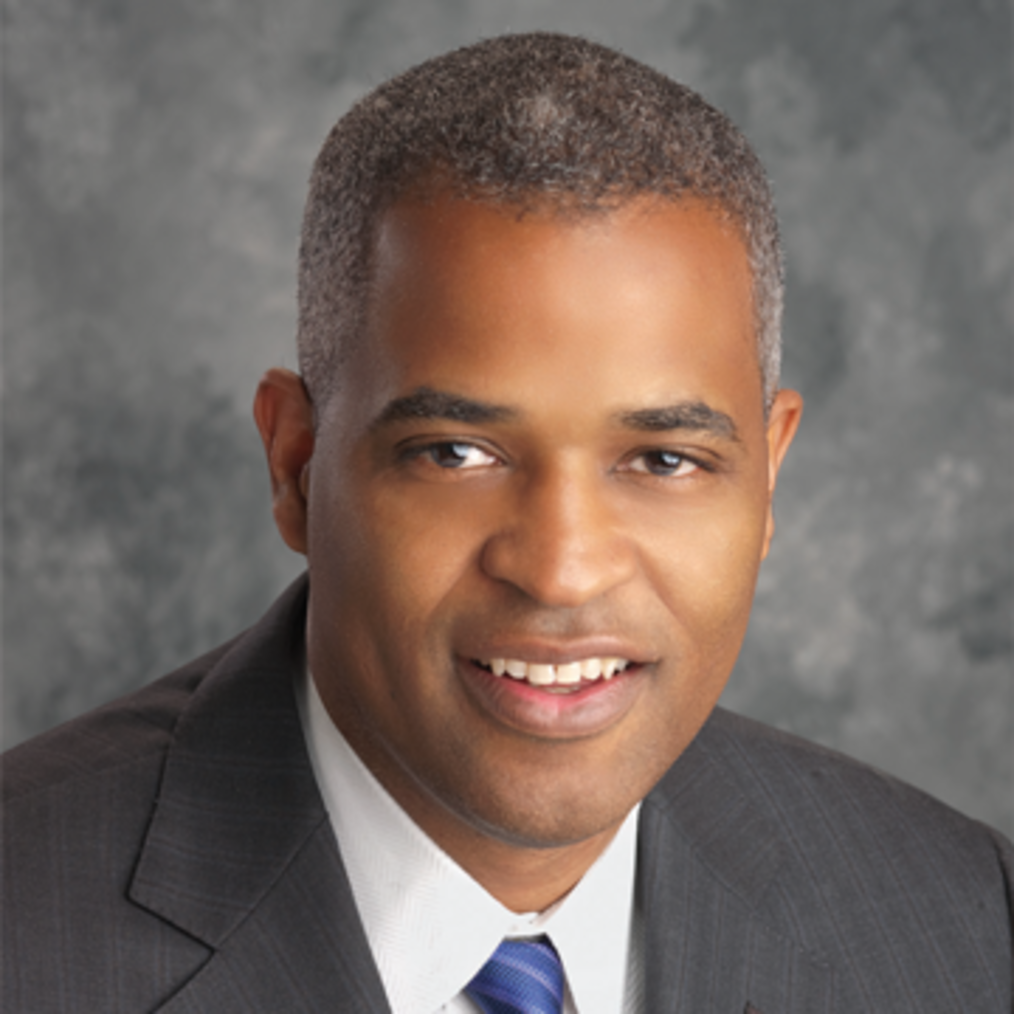
Mr. Martin Nesbitt
From 1998 to 2012, Marty served as President and CEO of TPS Parking Management, LLC (dba The Parking Spot), an owner and operator of off-airport parking facilities. Marty conceptualized and co-founded The Parking Spot with Penny Pritzker and was responsible for running all strategic and operating aspects of the company. Prior to launching The Parking Spot, Marty was an officer of the Pritzker Realty Group, L.P. (“PRG”), the real estate group primarily responsible for Pritzker family business interests. Prior to joining PRG, Marty was an Equity Vice President and Investment Manager at LaSalle Partners with a variety of responsibilities, including investment management for regional retail properties and management and leasing for office projects and parking.
Marty currently serves on the Board of Directors of CareMetx, ForwardLine Financial, Help at Home, Media Source, Treliant, Vanta Education and is a Trustee of the University of Phoenix. He also serves on the Board of Directors of CenterPoint Energy, Chewy, Inc. and American Airlines Group. Marty is a Trustee of Chicago’s Museum of Contemporary Art, a Trustee of Rush University Medical Center and serves as Chairman of the Barack Obama Foundation.
He is a former member of The University of Chicago Laboratory School Board, former Chairman of the Board of the Chicago Housing Authority and a former board member of the Chicago 2016 Olympic Committee. Marty has been active in Big Brothers Big Sisters of America and has served as Chairman of the DuSable District of the Boy Scouts of America. Marty was the national treasurer of President Barack Obama’s 2008 and 2012 presidential campaigns.
Marty received a B.A. degree and honorary doctorate from Albion College and an M.B.A. from The University of Chicago Booth School of Business.
![Headshot Neill Sciarrone Final (970) Square on White [Web]-SQ](https://csp.berkeley.edu/wp-content/uploads/2021/08/Headshot-Neill-Sciarrone-Final-970-Square-on-White-Web-SQ.jpg)
Ms. Marie O’Neill Sciarrone
Ms. Sciarrone is an executive leader and successful entrepreneur with over two decades of public and private sector technology, defense, and national security experience. She is Co-Founder and former President of Trinity Cyber, Inc., and previously served as a senior executive at BAE Systems, Inc. where she developed and evaluated growth strategies in emerging technologies for the U.S. corporate business, led strategy and mergers and acquisitions (M&A) for their intelligence and security business, was a business development executive, and led the cyber and information sharing profit and loss (P&L) for a mid-sized technology firm, acquired by BAE.
Prior to her private sector career, Ms. Sciarrone was appointed by President George W. Bush to serve as Special Assistant to the President for Homeland Security and Senior Director for Cybersecurity and Information Sharing Policy. In this capacity, she led the Administration’s efforts on cybersecurity, information sharing, and critical infrastructure policy. This included developing and implementing national policies and programs for critical homeland and national security issues. Ms. Sciarrone was the principal author and coordinator of both the U.S. Government’s cybersecurity and information sharing directives, policies, and national strategies. She also held key roles for the White House Homeland Security Council, the Department of Homeland Security, and the Department of Commerce.
Ms. Sciarrone serves on multiple non-profit Boards including the Board of S2MARTS and the Silverado Strategic Council. She has been recognized as an inaugural Presidential Leadership Scholar and was named one of the “Top 10 Women Power Players in Cybersecurity” by SC magazine in 2015. Ms. Sciarrone is a graduate of the University of Virginia.
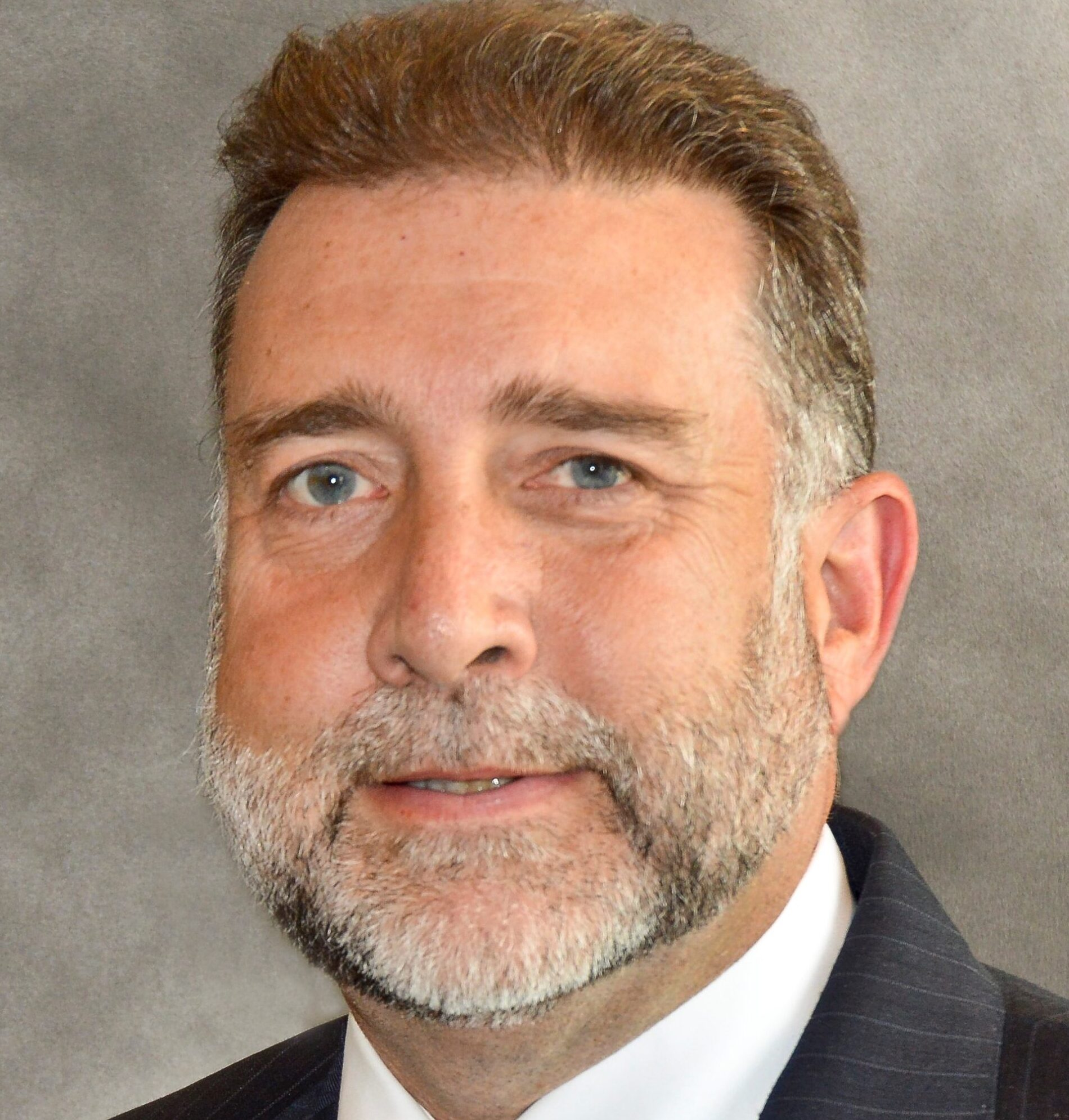
Mr. Pete Pflugrath
Pete holds a bachelor’s in computer science from the College of William & Mary and a master’s in software engineering from George Mason University. He served for many years as co-chair of the U.S. Geospatial Intelligence Foundation Technical Committee and served on various expert panels focused on technology and society.
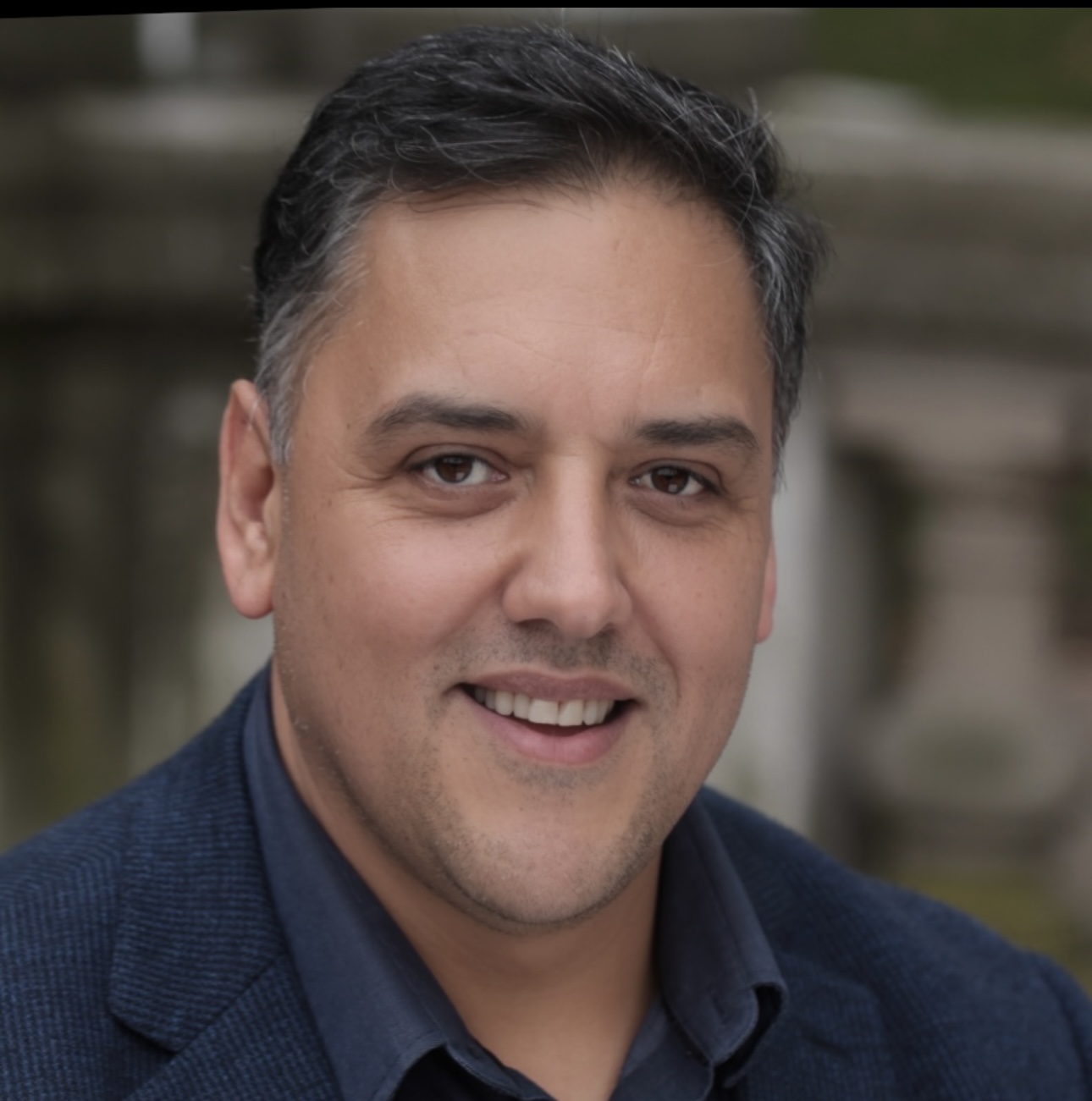
Mr. Clyde Rodriguez
Throughout his career, Clyde has supported the use of technology to address complex societal
challenges. He has served on the UN Strategy Council for the Global Alliance for IT in
Development (UNGAID) and on the boards of the Open-Source Security Foundation, NYC FIRST Robotics, MIT’s One Laptop per Child, the Open Networking Foundation, and First Place School, an institution dedicated to serving homeless children in the Seattle area. He served as coach and mentor to three Brooklyn High School robotics students who faced daunting personal hardships, helping the small team reach the finals of the 2016 NYC FIRST Regional Championship while competing against elite international and local New York City high schools.
Clyde has a B.S. degree in Electrical Engineering and Computer Science from UC Berkeley and is an alumnus of Harvard Business School’s General Management Program. He is a member of the UC Berkeley Foundation Board of Trustees and the Berkeley Engineering Advisory Board. In 2020 he was one of three recipients of the university’s 2020 Distinguished EECS Alumni Award and delivered the 2023 Computer Science Department Commencement Keynote. He became an Aspen Institute Technology Policy Fellow in March 2024 after being selected to participate in the Aspen Tech Policy Hub and the Tech Talent Project’s Technology Executive Leadership Initiative, a program that prepares experienced technology leaders to engage effectively with public sector challenges.
He is an advocate of servant leadership values that were heavily influenced by his youth as the
son of former migrant farmworkers in California’s Central Valley and early years living in a makeshift home without running water, a tin roof, and a dirt floor. Clyde lives in San Francisco
with his wife, a Juilliard-trained classical pianist, and their two-year-old daughter.
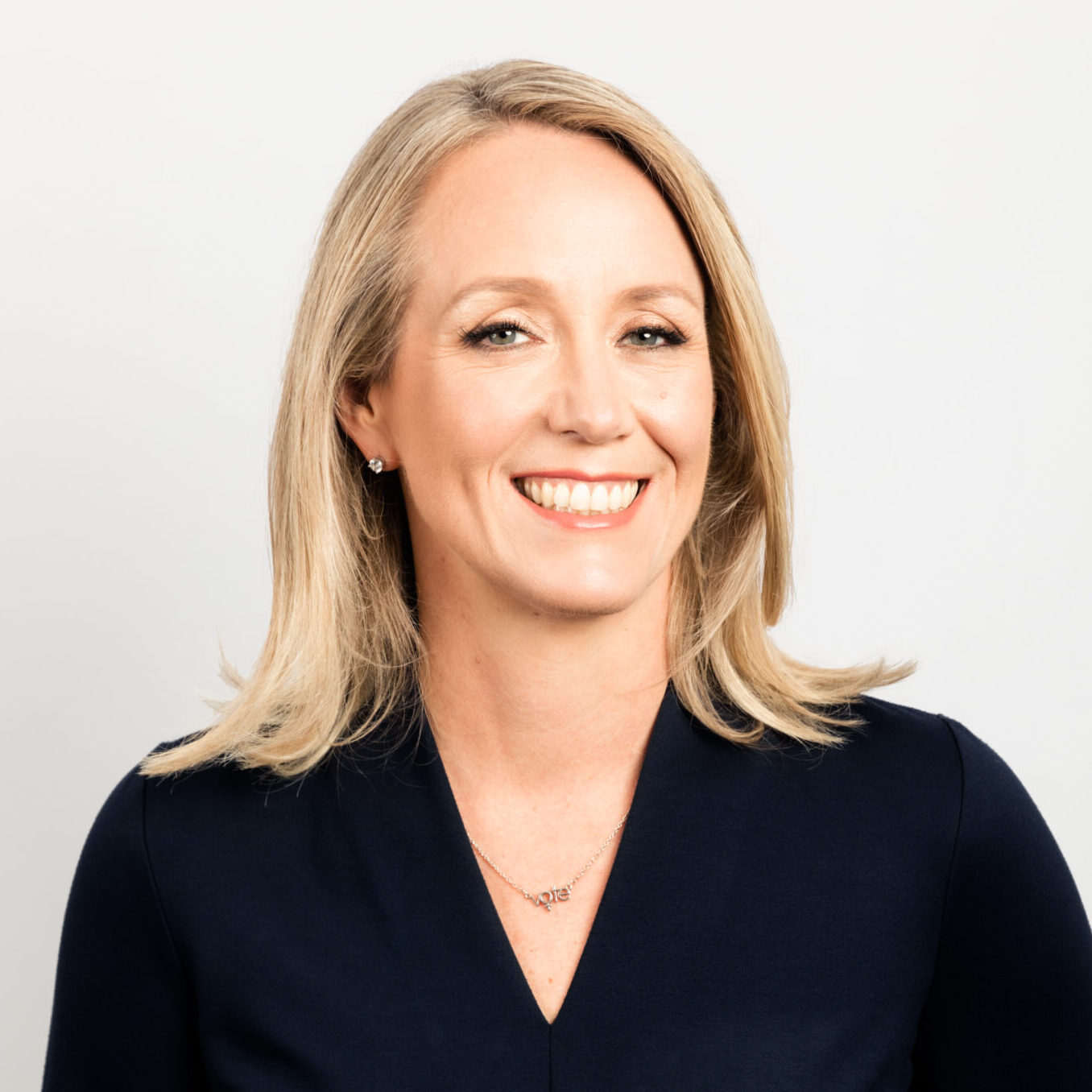
Ms. Stephanie Schriock
Most recently, Stephanie Schriock served for 11 years as President of EMILY’s List, the nation’s largest resource for women in politics. During her tenure, EMILY’s List raised more than $460 million for the organization and its candidates and spent $160 million in independent expenditures. With Stephanie at the helm, EMILY’s List endorsed more than 1,800 women, elected nearly 1,000 up and down the ballot, and trained more than 14,000.
As the EMILY’s List President, Stephanie doubled – and then doubled twice again – the organization’s digital footprint. She expanded EMILY’s List’s state and local training programs, including its online Training Center, and the creation of Run to Win, its national recruitment and training campaign. Stephanie and Christina Reynolds, EMILY’s List Vice President of Communications, recently authored the book Run to Win: Lessons in Leadership for Women Changing the World, which serves as a leadership guide for running for office or leading an organization.
The second person to hold this position, Stephanie stepped down as President earlier this year. EMILY’s List is at its strongest position yet, following two record cycles and the incredible growth of Democratic women running for office.
Affectionately called “Coach Stephanie” by her staff, Stephanie has built an impressive network of corporate CEOs, elected officials, candidates, donors and staff across the country.
Originally hailing from the mining town of Butte, Montana, Stephanie has been electing Democrats for more than 20 years. In 2004, she served as the national finance director for Howard Dean’s presidential campaign, where she was at the center of the team that created the online fundraising model that ushered in the era of digital fundraising, laying the groundwork for the future campaigns of President Barack Obama, Secretary Hillary Clinton, and President Joe Biden’s presidential campaigns.
In 2006, Stephanie returned to her home state of Montana to serve as Senator Jon Tester’s campaign manager, and after helping Democrats take back the Senate, served as his chief of staff. In 2008, she joined Al Franken’s Senate campaign as his campaign manager, leading the campaign to Election Day and then solidifying her reputation as a major force in Democratic politics by successfully managing the eight-month recount and legal fight that followed. Called “one of the absolute stars of American politics now,” Stephanie has also been named by ELLE Magazine to its “10 Most Powerful Women in Washington” list.
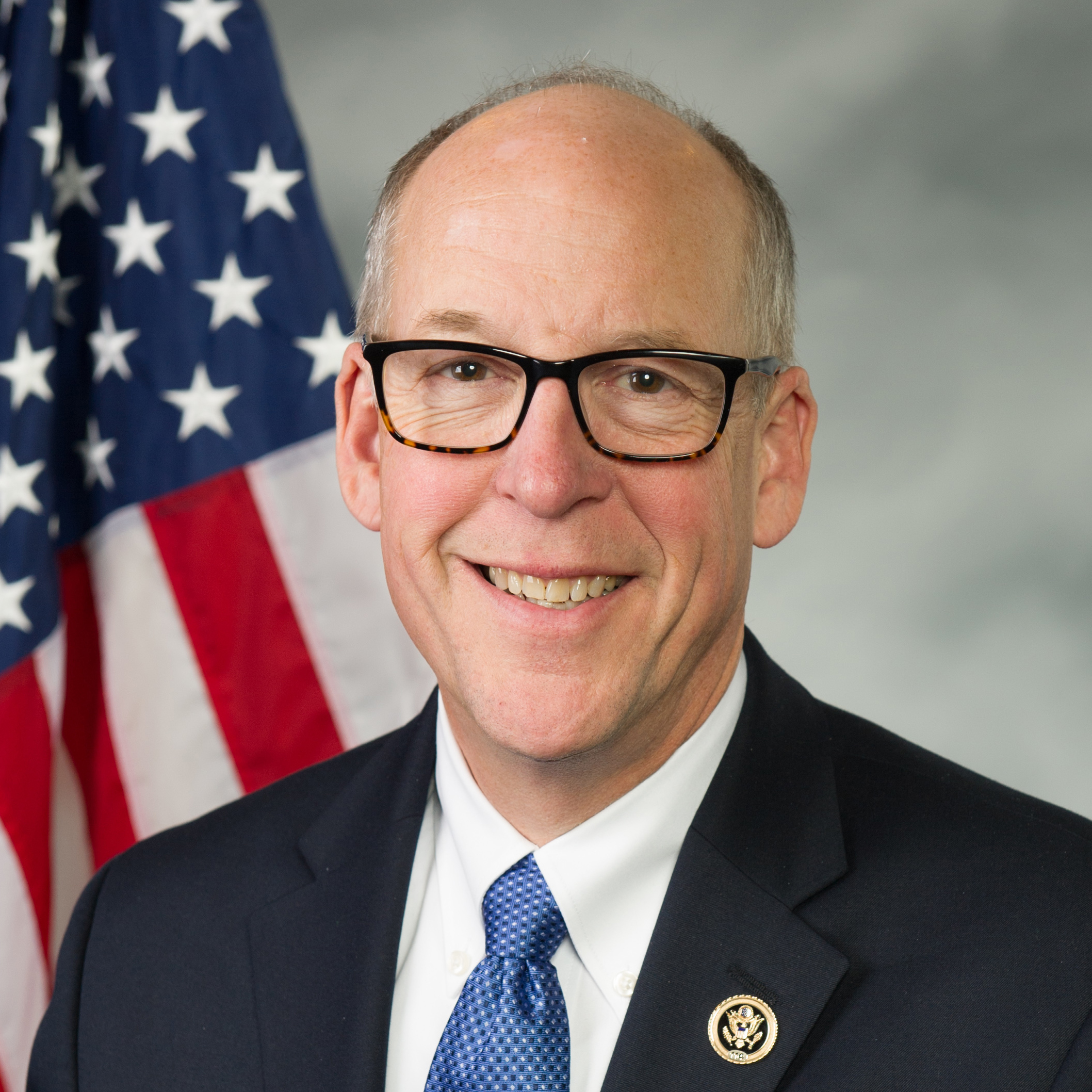
Hon. Greg Walden
As a member of that committee for 20 of his 22 years in the House, he led legislative efforts in telecommunications and spectrum issues; energy grid security and reliability; confronting the opioids epidemic and expanding access to affordable health care.
His colleagues twice elected him to lead the National Republican Congressional Committee, the national campaign arm of the U.S. House GOP, where under his leadership House Republicans attained their largest back-to-back majorities in history.
Before his election to Congress, Walden served eight years in the Oregon House and Senate, where his state House GOP colleagues twice elected him Majority Leader.
Walden and his wife, Mylene, owned and operated radio stations in Oregon for more than two decades. He served on the local community hospital board and on the board of a community bank.
He is a graduate of the University of Oregon School of Journalism.
Currently, he and his wife own MSW Communications, and he serves on advisory boards working on innovative solutions to climate change, and advancements in health care. Recently he was named chairman of Alpine Advisors, a Washington, D.C. based strategy consulting firm.

Hon. Douglas B. Wilson
A native of Tucson, Arizona and a Phi Beta Kappa graduate of Stanford University and the Fletcher School of Law and Diplomacy, Mr. Wilson previously served as Board Member and Executive Vice President of the Howard Gilman Foundation, overseeing the development and implementation of the Foundation’s domestic and international policy programs at White Oak. He is a co-founder of the White Oak collaborative on veteran and military family issues.
Mr. Wilson is also the former President of The Leaders Project, the decade-long global successor generation leadership initiative which he co-founded in 2001 with former U.S. Defense Secretary William Cohen. The series included seminal successor-generation leadership conferences on India, Russia, the Pacific Rim, Pakistan, Europe, Islamic societies, women as leaders of change, public diplomacy, international development assistance and military families.
Doug has been a senior communications strategist for Microsoft and Boeing; a US foreign service officer in Italy and the UK; the national political director of the Democratic Leadership Council; Congressional Director at the US Information Agency; senior foreign policy advisor to presidential candidates Gary Hart and Pete Buttigieg; and led the 1996 Democratic presidential campaign victory in Arizona, the first time Democrats had won that state since Truman in 1948. He is the co-founder of Vets’ Community Connections, a national initiative to involve more Americans from all walks of life in veteran and military family community reintegration.
FACULTY AFFILIATES
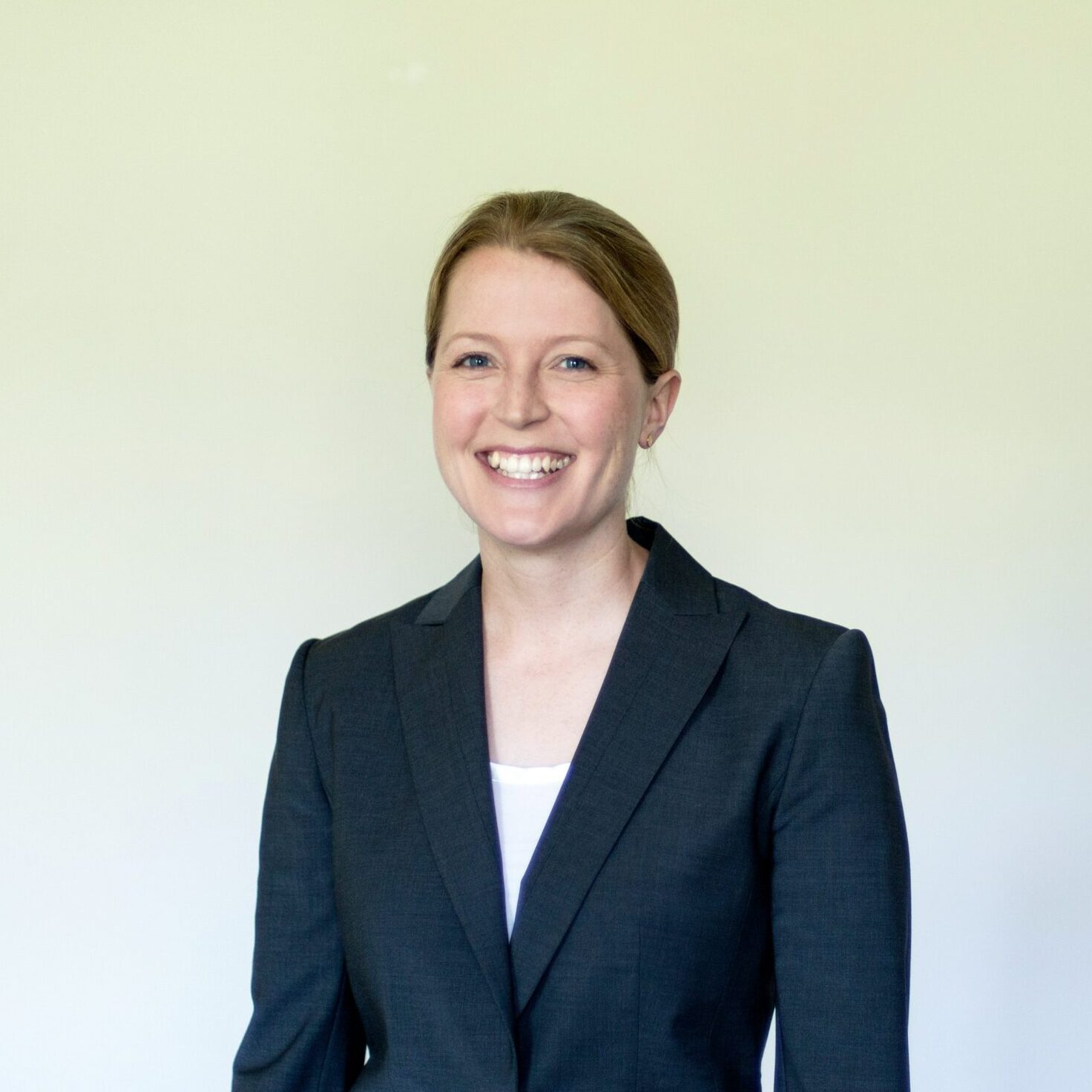
AILA MATANOCK
Associate Professor of Political Science

ANDREW REDDIE
Assistant Professor of Practice at The School of Information
His work has appeared in Science, the Journal of Cyber Policy, and the Bulletin of the Atomic Scientists among other outlets and has been variously supported by the Carnegie Corporation of New York, MacArthur Foundation, and the U.S. Department of Energy’s Nuclear Science and Security Consortium.
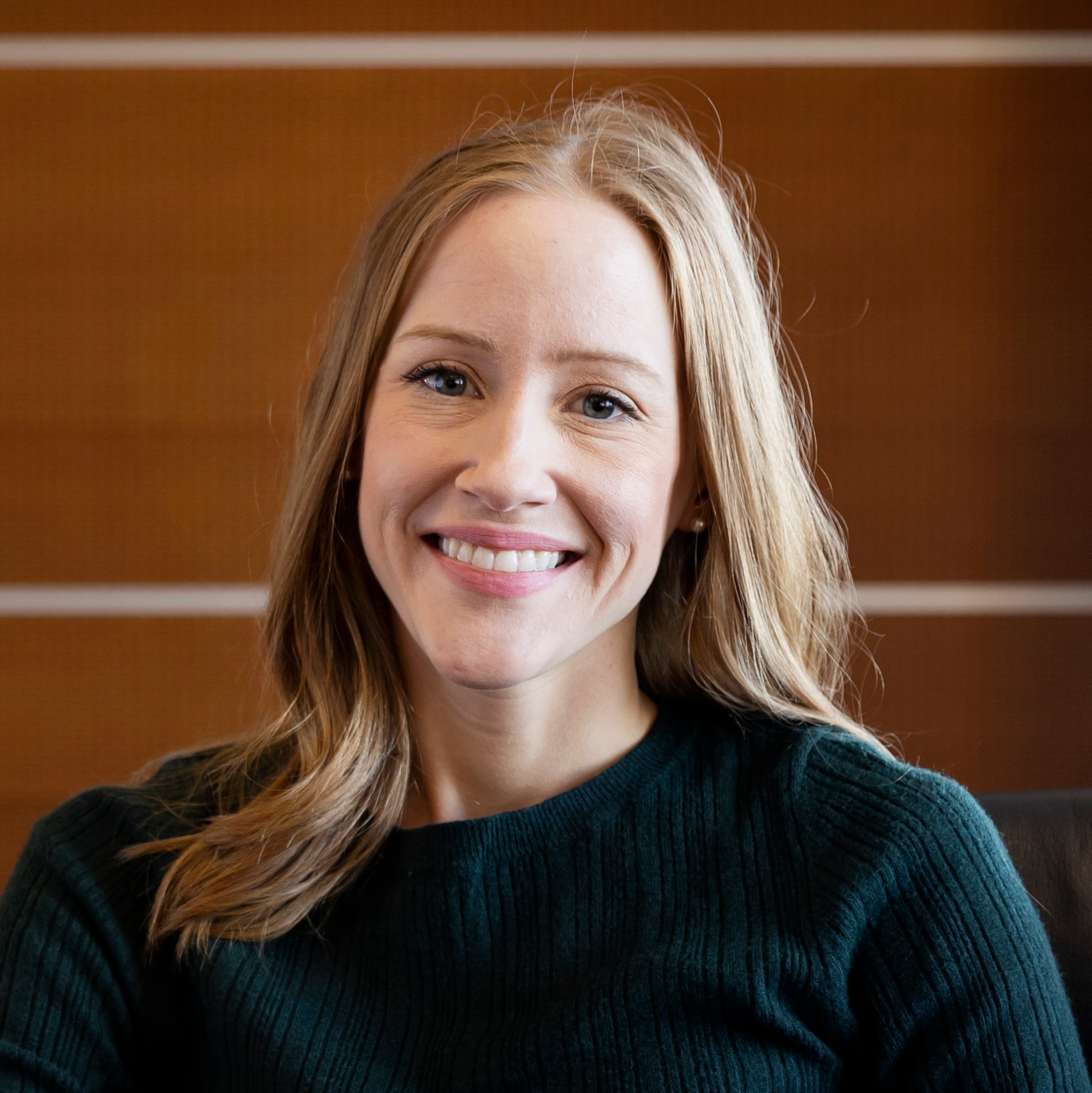
BRANDIE M. NONNECKE
Associate Research Professor of Public Policy
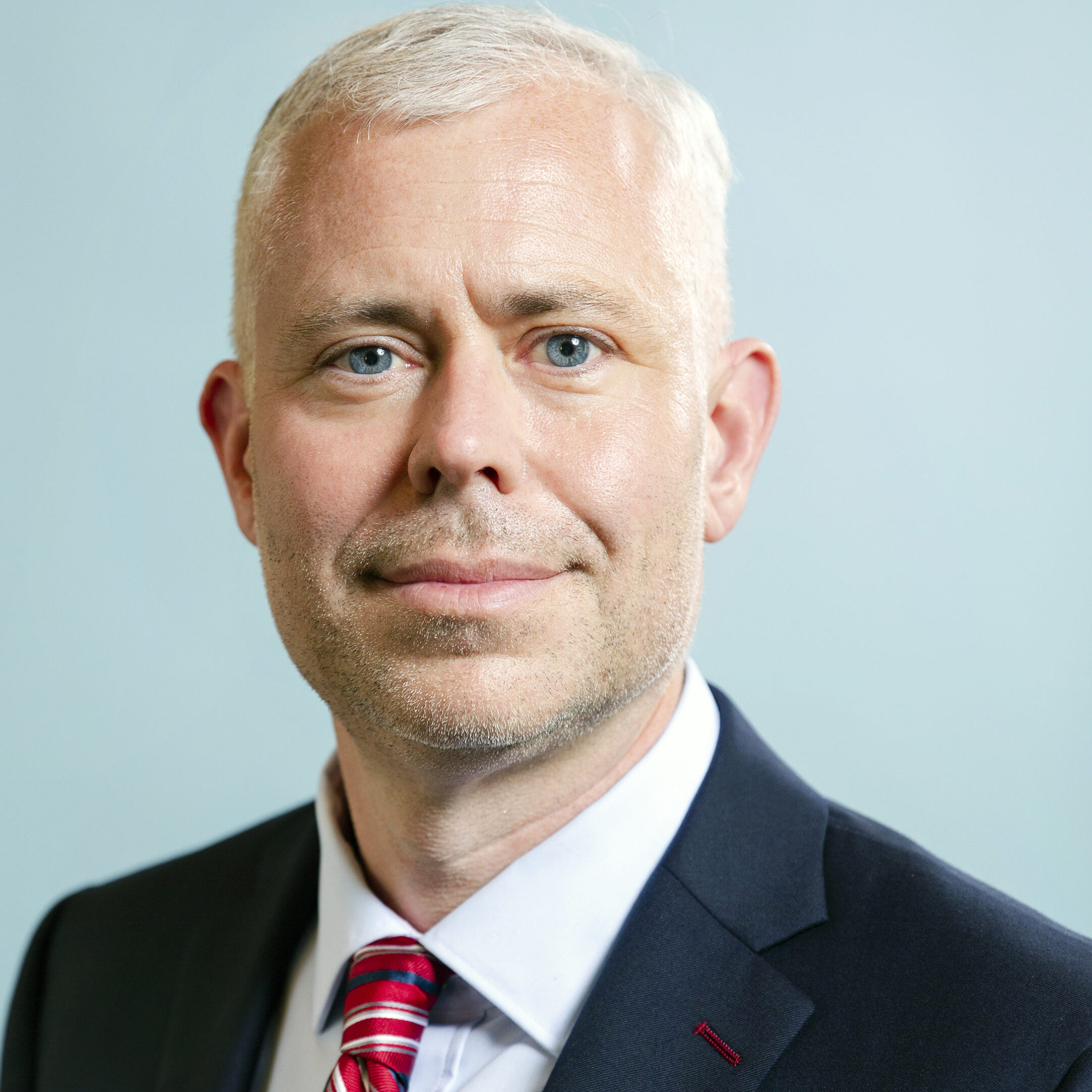
CHRIS HOOFNAGLE
Faculty Director, Berkeley Center for Law & Technology, Professor of Law in Residence
He is the author of Law and Policy for the Quantum Age (with Simson Garfinkel, Cambridge University Press, 2021) and Federal Trade Commission Privacy Law and Policy (Cambridge University Press, 2016).
Hoofnagle is of counsel to Gunderson Dettmer Stough Villeneuve Franklin & Hachigian, LLP, and an elected member of the American Law Institute.

DANIEL SARGENT
Associate Professor of History and Public Policy
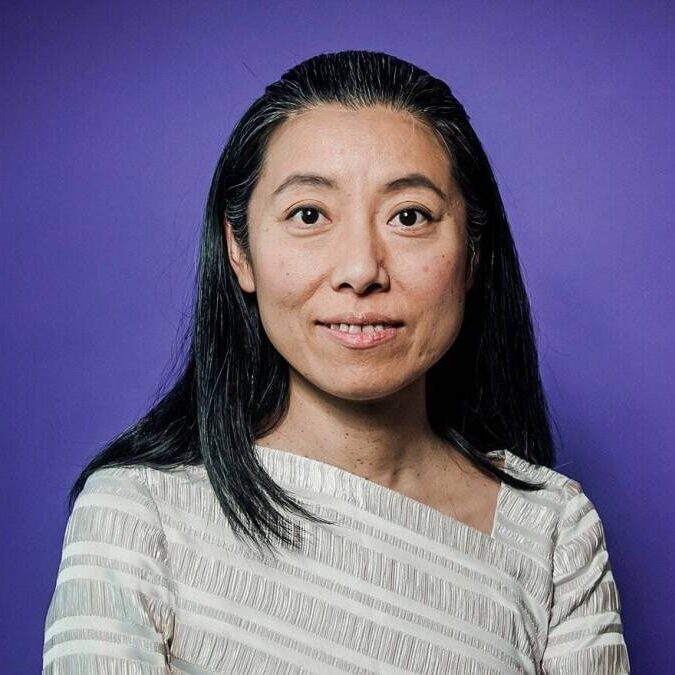
DAWN SONG
Professor of Electrical Engineering and Computer Science
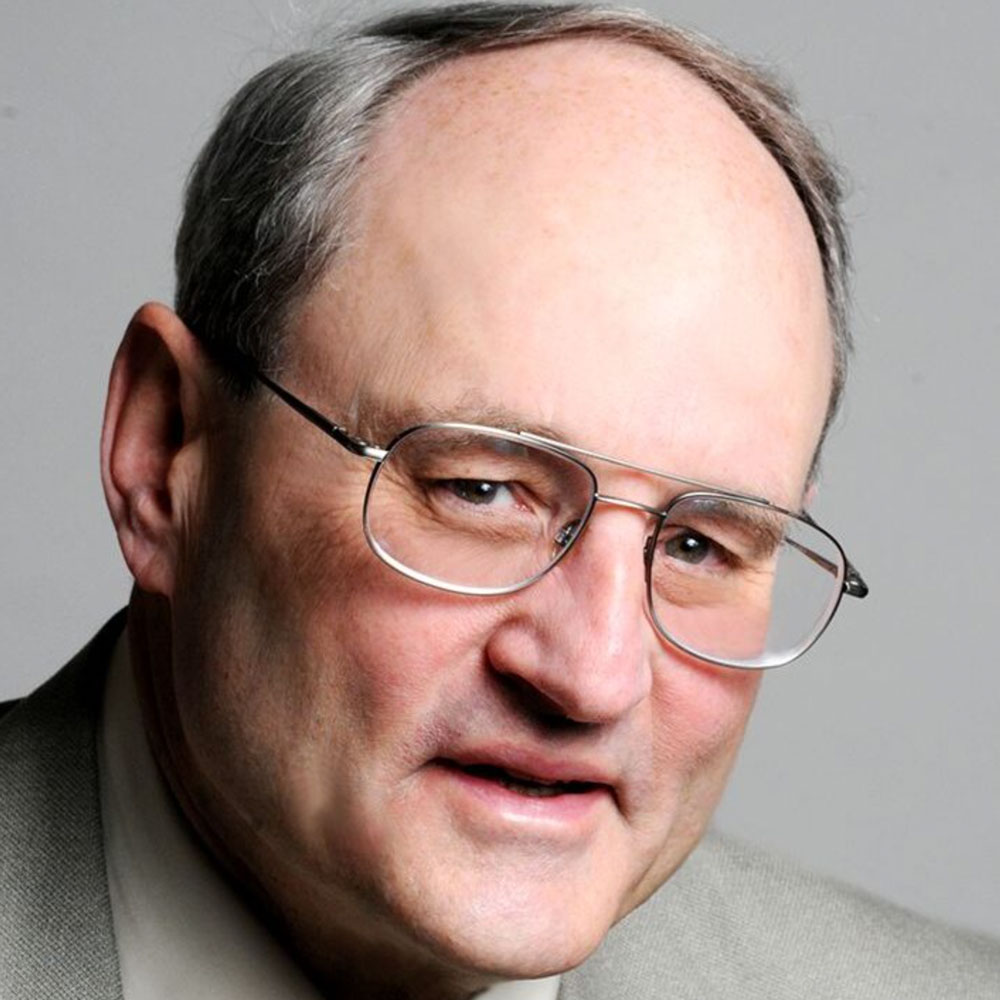
HENRY BRADY
Class of 1941 Monroe Deutsch Professor of Political Science and Public Policy
He received his PhD in Economics and Political Science from MIT in 1980. He has written on electoral politics and political participation, social welfare policy, political polling, political polarization and trust, the collapses of the Soviet Union, and statistical methodology, and he has worked for the federal Office of Management and Budget and other organizations in Washington, DC. He is past president of the American Political Science Association, past president of the Political Methodology Society of the American Political Science Association, and director of the University of California’s Survey Research Center from 1998 to 2009.
He is coauthor of Letting the People Decide: Dynamics of a Canadian Election (1992) which won the Harold Innis Award for the best book in the social sciences published in English in Canada. He co-authored Voice and Equality: Civic Voluntarism in American Politics (1995) which won the Philip Converse Award for a book making a lasting contribution to public opinion research and the American Association for Public Opinion Research best book award for influential books that have stimulated theoretical and scientific research in public opinion. He is also coauthor of Expensive Children in Poor Families: The Intersection of Childhood Disability and Welfare (2000), Counting All the Votes: The Performance of Voting Technology in the United States (2001), and The Unheavenly Chorus: Unequal Political Voice and the Broken Promise of American Democracy (2012). He is co-editor of Rethinking Social Inquiry: Diverse Tools, Shared Standards (2004 and 2010) which won the Sartori Award for best book on qualitative methods, Capturing Campaign Effects (2006), and the Oxford Handbook of Political Methodology (2008). His most recent book is Unequal and Unrepresented: Political Inequality and the People’s Voice in the New Gilded Age (2018). Henry Brady has also authored numerous articles on political participation, political methodology, data science, the dynamics of public opinion, and other topics.
Brady was elected a Member of the American Academy of Arts & Sciences in 2003 and a Fellow of the American Association for the Advancement of Science in 2006. In 2021, he received the Goodnow Award from the American Political Science Association for his career of “service to the community of teachers, researchers, and public servants who work in the many fields of politics.” Upon retiring from the deanship in 2021, he received the Berkeley Citation for those whose “contributions to UC Berkeley go beyond the call of duty and whose achievements exceed the standards of excellence in their fields.”
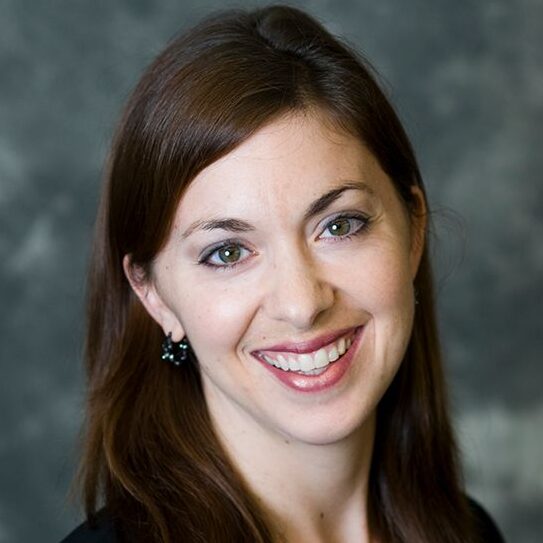
JENNIFER BUSSELL
Associate Professor of Public Policy and Political Science

MATTHEW P. SHERBURNE
Materials Science and Engineering
Matthew P. Sherburne PhD teaches in the Materials Science and Engineering department and performs research at the intersection of materials discovery and design for sustainability. His research includes the discovery of new and novel materials for solar energy generation, catalysis for biofuels and small molecules and the electrochemical reduction of CO2. In this work high throughput computational tools are used to screen large numbers of potential new materials; this large data set can then be used to train machine learning algorithms to make the discovery and optimization of new materials more efficient.
Much of his research efforts has been spent working with international collaborators. In 2014 he became the Program Director of the Singapore-Berkeley Research Initiative for Sustainable Energy (SiNBeRISE). He has active collaborations involving researchers in the Philippines, India, and Singapore. In December 2020 he became the Director for International Partnerships for the College of Engineering and Director of GLOBE (Global Learning and Outreach from Berkeley Engineering). Through GLOBE he oversees the College of Engineering efforts for international partnerships in education and research. He has also recently been named the CEO for the Berkeley Educational Alliance in Singapore (BEARS); BEARS houses large collaborative research efforts between UC Berkeley and Singaporean researchers.

MICHAEL NACHT
Thomas and Alison Schneider Professor of Public Policy
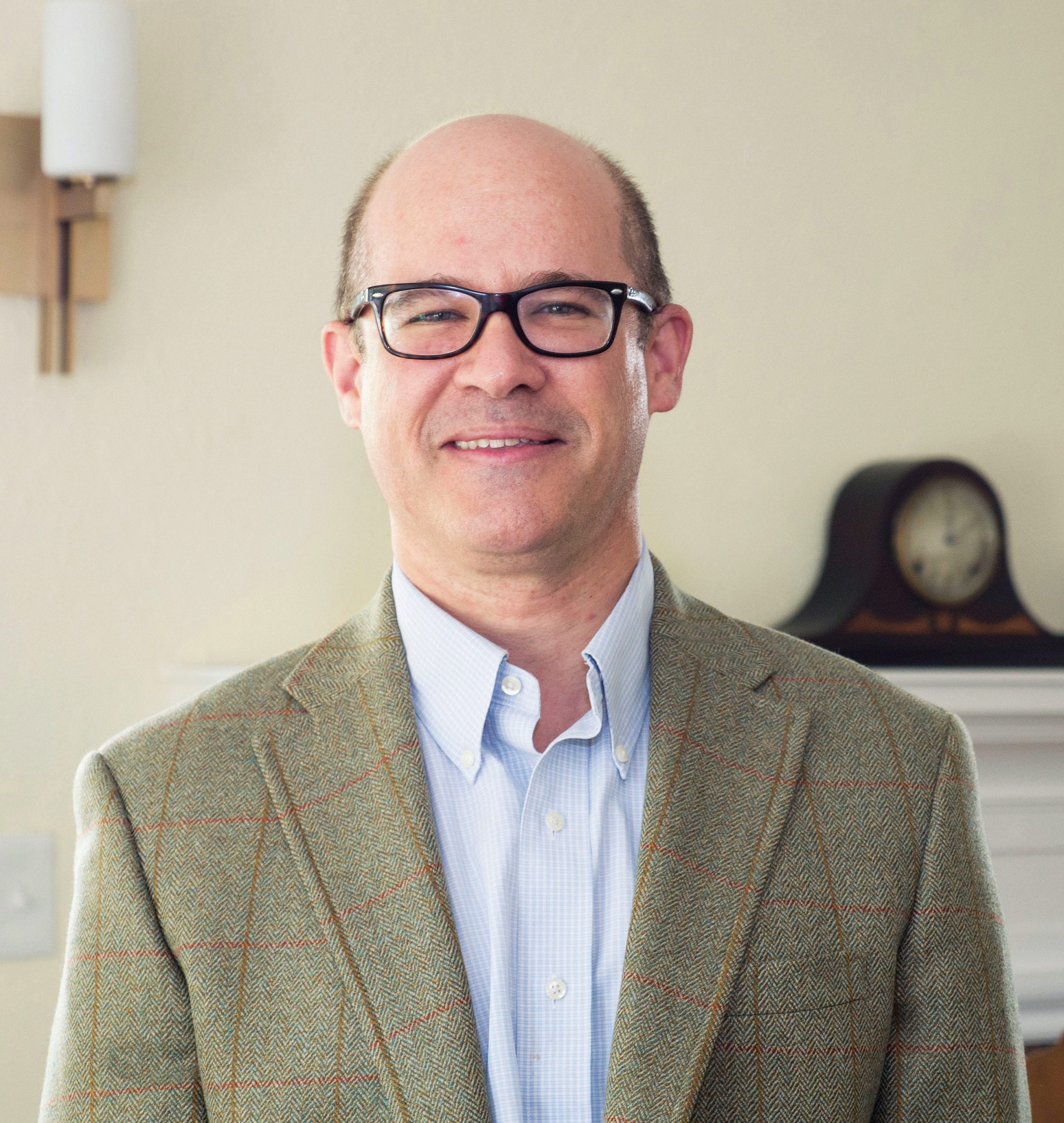
ORIN KERR
William G. Simon Professor of Law, UC Berkeley
Kerr has authored more than seventy law review articles, over half of which have been cited in judicial opinions (including eight different articles that have been cited in U.S. Supreme Court opinions). He is regularly listed as among the most cited and most influential law professors in the United States. In addition to writing law review articles, Kerr has authored popular casebooks, co-authored the leading criminal procedure treatise, and published countless blog posts. These days he also wastes a lot of time on Twitter.
Kerr has briefed and argued cases in the United States Supreme Court and three federal circuits. He has testified six times before Congressional committees. From 2013-2019, Kerr served on the Advisory Committee for the Federal Rules of Criminal Procedure by appointment of Chief Justice Roberts. In 2015, the Chief Justice appointed him to serve on the Judicial Conference’s committee to review the Criminal Justice Act.
Before attending law school, Kerr earned undergraduate and graduate degrees in mechanical engineering. He has served as a law clerk for Judge Leonard I. Garth of the U.S. Court of Appeals for the Third Circuit and Justice Anthony M. Kennedy of the United States Supreme Court. He has also served as a trial attorney in the Computer Crime and Intellectual Property Section at the U.S. Department of Justice and a Special Assistant U.S. Attorney in the Eastern District of Virginia.
Prior to joining the Berkeley Law faculty, Kerr was a professor at the George Washington University Law School and later at the University of Southern California Gould School of Law. He also has been a visiting professor at the University of Pennsylvania and the University of Chicago.
